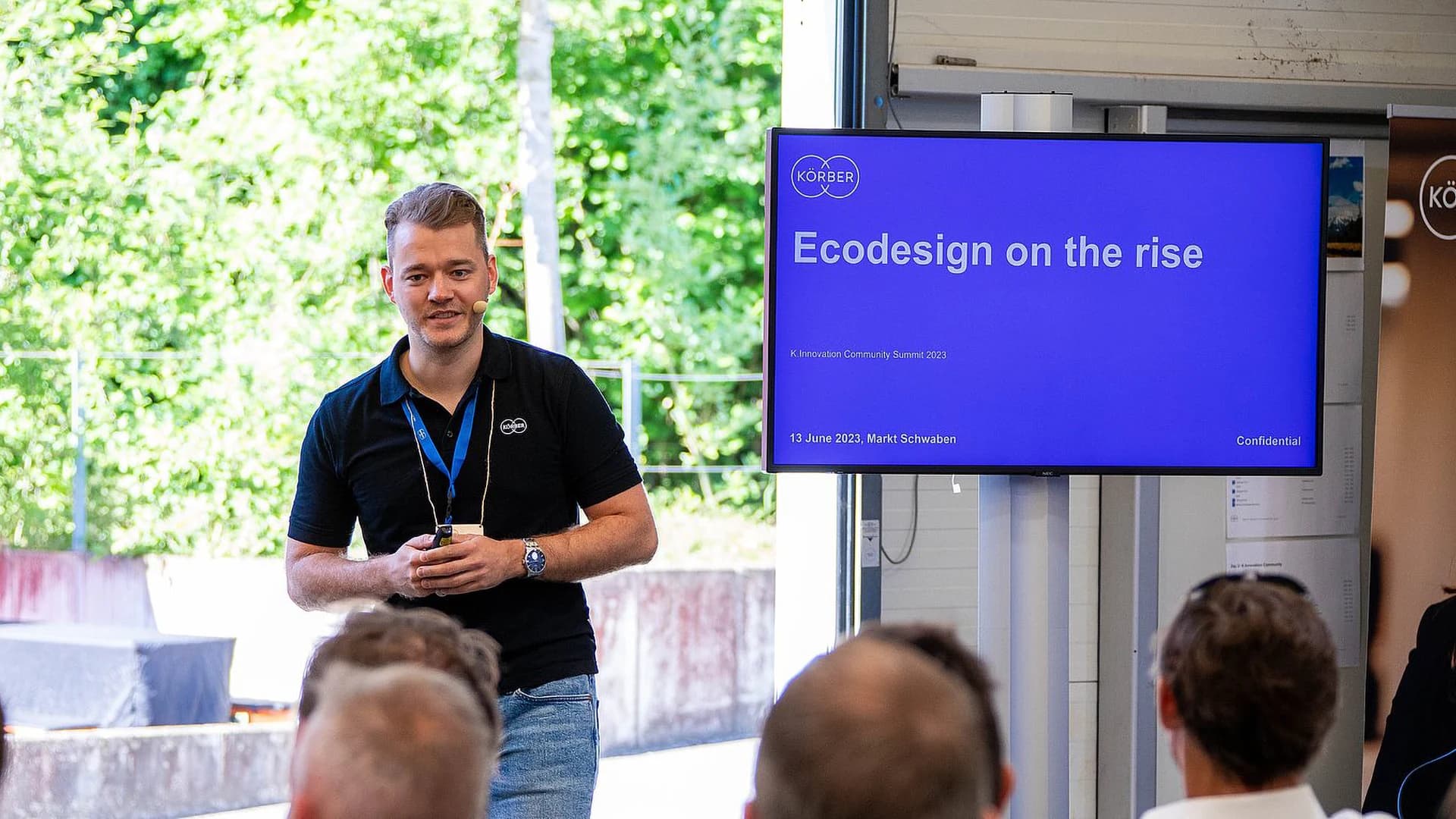Do you have an example that illustrates the complexity of a supply chain?
Let’s take semiconductors, which are important for many of our electronic assemblies in machines, as an example. A large number of suppliers are involved in the production of these semiconductors, which occurs upstream along the supply chain. They all perform different tasks, ranging from the production of silicon wafers to photolithography, surface processing, wiring, and testing to the integration into control and drive electronics. All of these suppliers, in turn, have upstream suppliers in their value chains, which are situated in a global environment. And that applies not only to semiconductors but also to other commodity groups for many of our products and services.
Körber not only complies with the applicable laws and obligations but also assumes further responsibility on its own initiative. What measures are helping to make supply chains as sustainable as possible?
It is fundamentally important for us to minimize risks along the supply chains. For example, we have drawn up our own Code of Conduct, which all of our suppliers must comply with if a contract is to be concluded with us. The Code specifies the principles, corporate values, legal requirements, and social standards according to which we intend to work together. In addition, we regularly conduct audits (i.e. standardized surveys) at our partners’ sites in order to identify or rule out any violations as early as possible. To this end, we train our employees on a regular basis. In addition, we use an online monitoring platform, IntegrityNext, to further minimize risks. In-depth market research also helps us to identify potential risks in our supply chains at an early stage and to define countermeasures.
Are there certain areas that are hard to monitor?
There’s no such thing as a perfect or fully automated system. That is why we speak more generally of risk management. It is important for us to gather as much information as possible from all the relevant areas. This enables us to learn how our partners operate and how sustainable their business practices are. If we identify increased risks as part of our continuous monitoring, we obtain further information and conduct an on-site audit, for example. Should a supplier be non-compliant, we define corrective and preventive measures together with our partner. Depending on the severity of non-compliance, we reserve the right to terminate the business relationship immediately.



